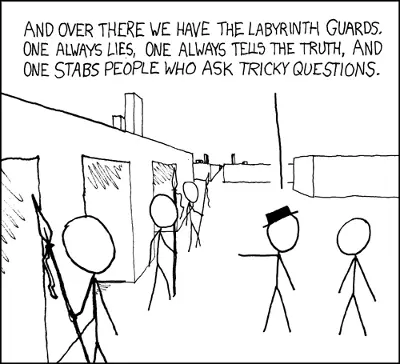When not designed properly, data obtained using the survey method is next to useless. Find out why.
While a lot of information can be gained from surveys as it is easy to get large samples using the method, results should be taken with caution because of its inherent weaknesses. This is the reason data analysts do not treat data obtained from surveys in the same way as those obtained using other means, that is, those that do not rely on people’s opinions or subjective judgment.
So what are the weaknesses of the survey method? Below is a list with brief explanations.
Weaknesses of the Survey Method
1. Respondents protect their interest
There is really no guarantee about the truthfulness of the respondent’s answers. When dealing with sensitive or controversial issues, there is a tendency among interviewees to avoid answers that may be detrimental to their interests. They may not even answer the question at all.
2. Attitude is different from behavior
As the famous expression goes: “Do what I say, not what I do.” A considerable number of research on the relationship between attitude and behavior has demonstrated that there is no correlation between what people say they would do than their actual behavior.
In a recent study in the United Kingdom, for example, 99% of people interviewed said they had washed their hands after using the toilet. The truth is, as revealed by electronic recording devices, only 32% of the men and 64% of the women actually did it.[1]
People know what is expected of them, pretend that they do it when actually they don’t.
3. Responses are taken lightly
Some respondents are not really predisposed to answering questions especially if it involves answering a series of long questions. Similarly, the interviewer may not be very keen about the data collection.
4. Poor memory among respondents
Interviewees tend to forget past events, places, or experiences. Their answers, therefore, are mainly estimates or rough approximations as their memory would allow them to recall those things.
Would you rely on information recalled 20 years ago by a 60-year-old respondent? Of course not.
5. Answers can be manipulated
Some interviewees answer the questionnaires to gain a favor. People answer what they believe the interviewer wants to hear. This threatens the validity of the answer.
What Then Should Be Done?
To get the most from using the survey method, particular attention must be given to the design of the questionnaires,selection of samples, and administration. For greater reliability and validity, other methodologies are applied to confirm the findings of a survey (see Triangulation).
Reference
1. Winterman, D. (2012, October 15). Handwashing: Why are the British so bad at washing their hands? Retrieved September 2, 2013, from http://www.bbc.co.uk/news/magazine-19834975
© 2013 September 4 P. A. Regoniel


